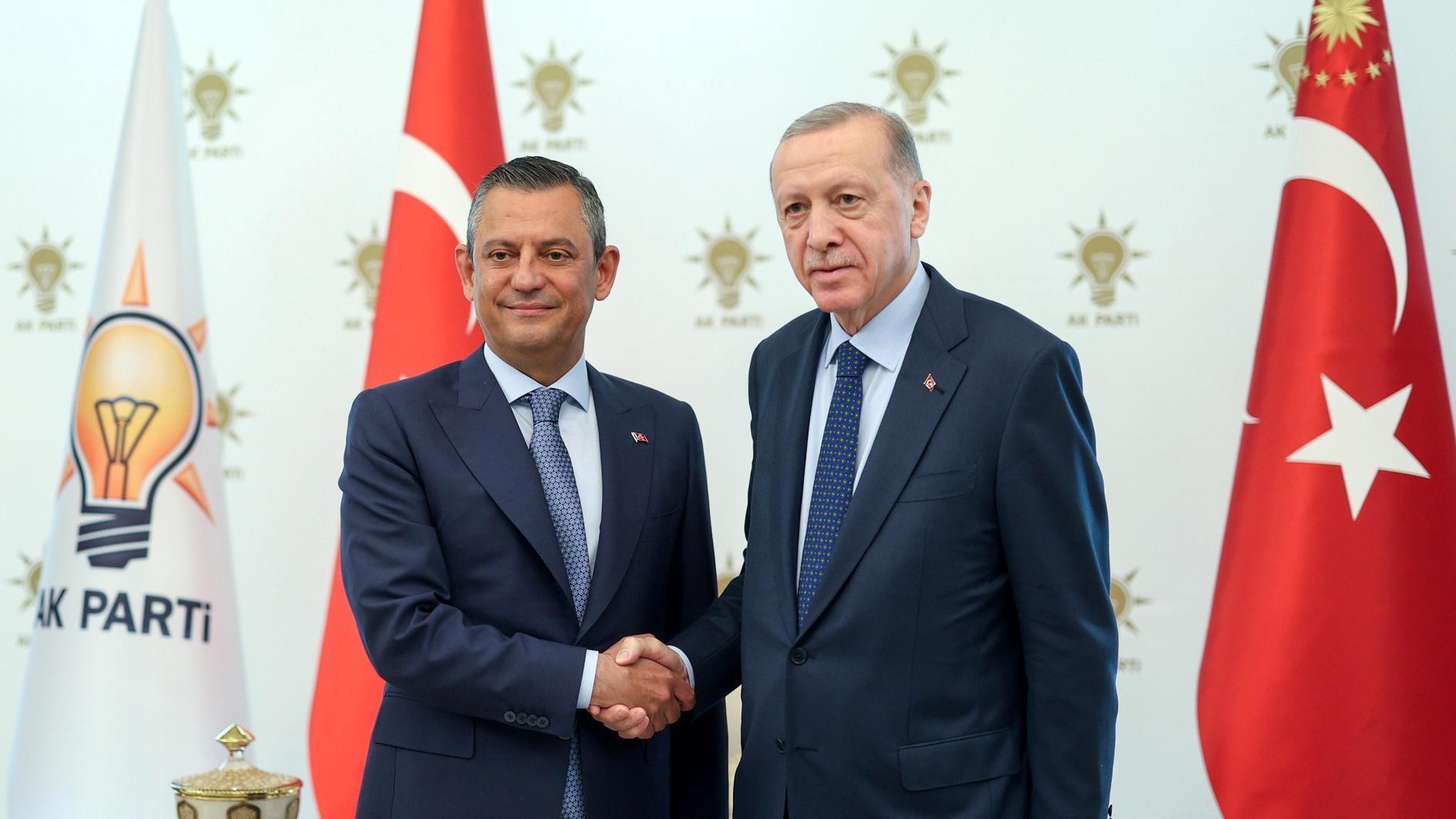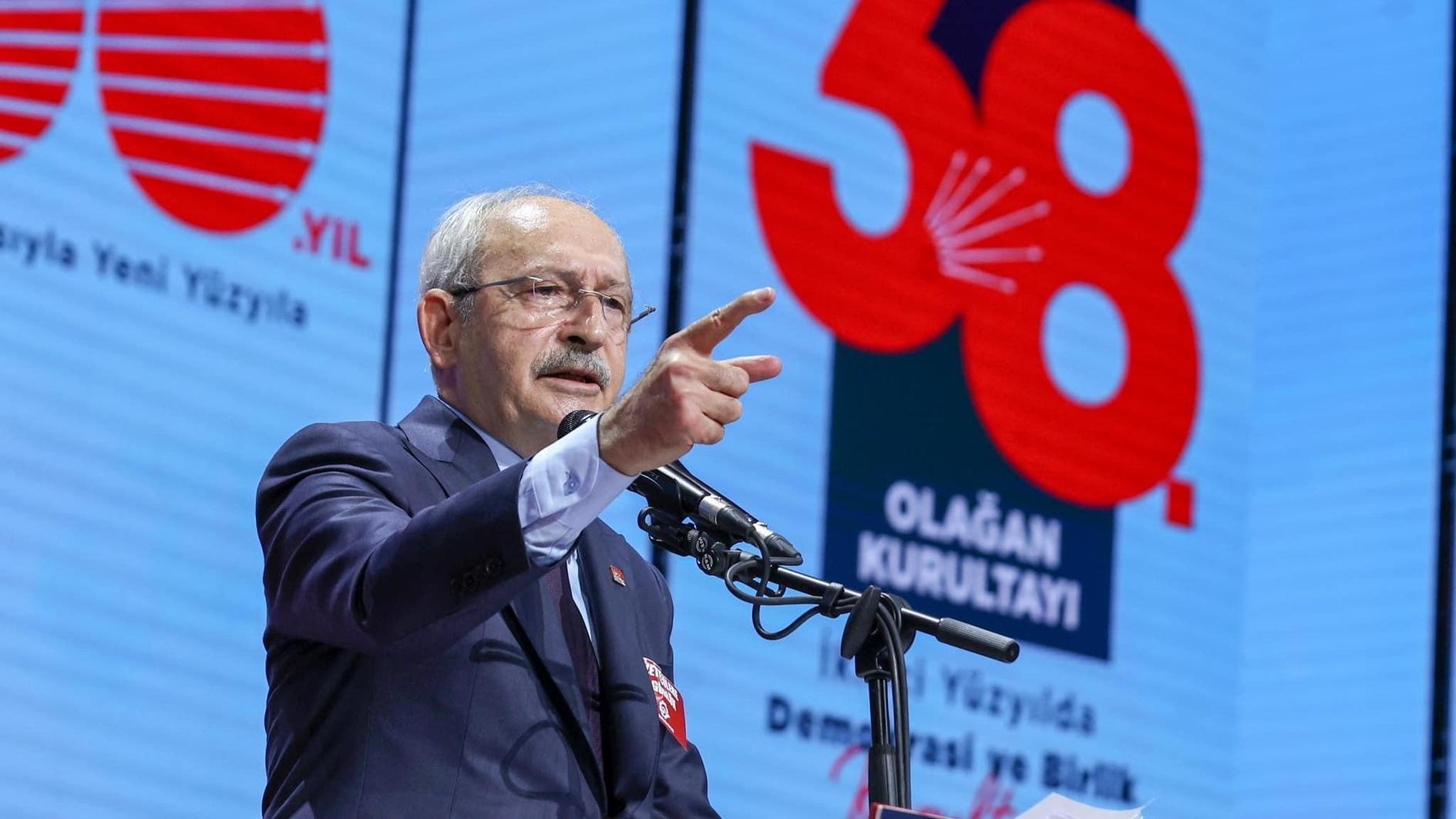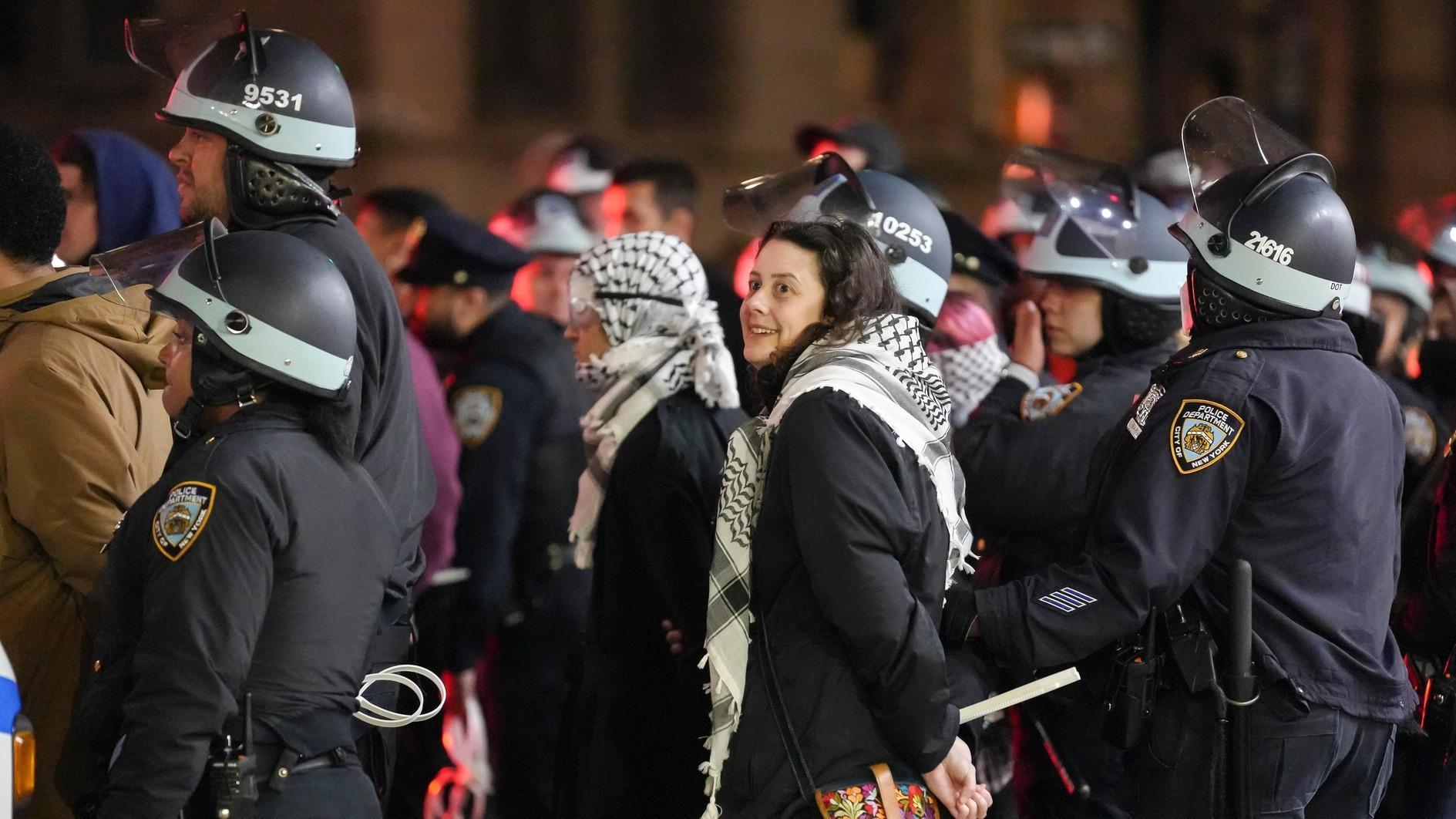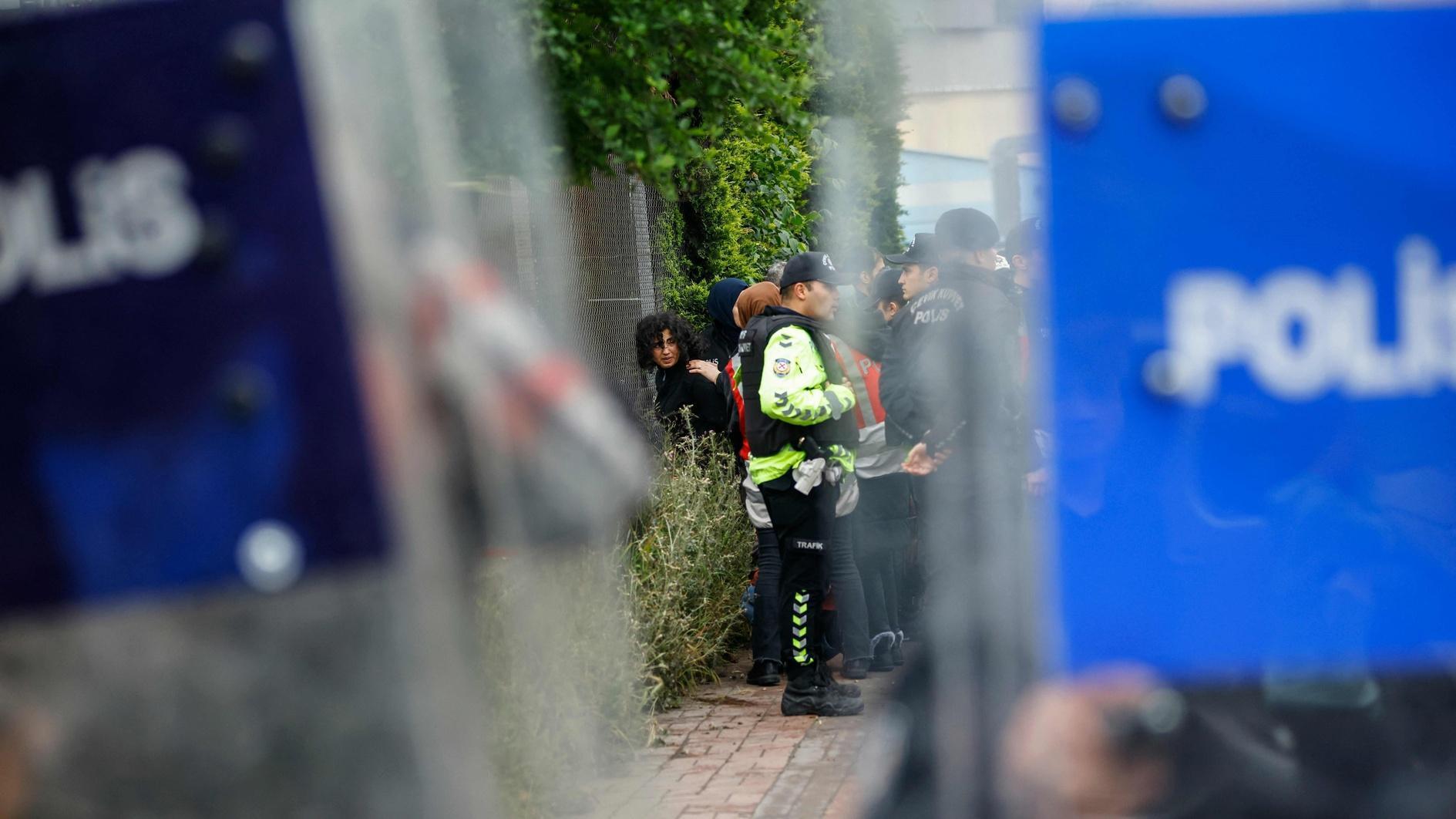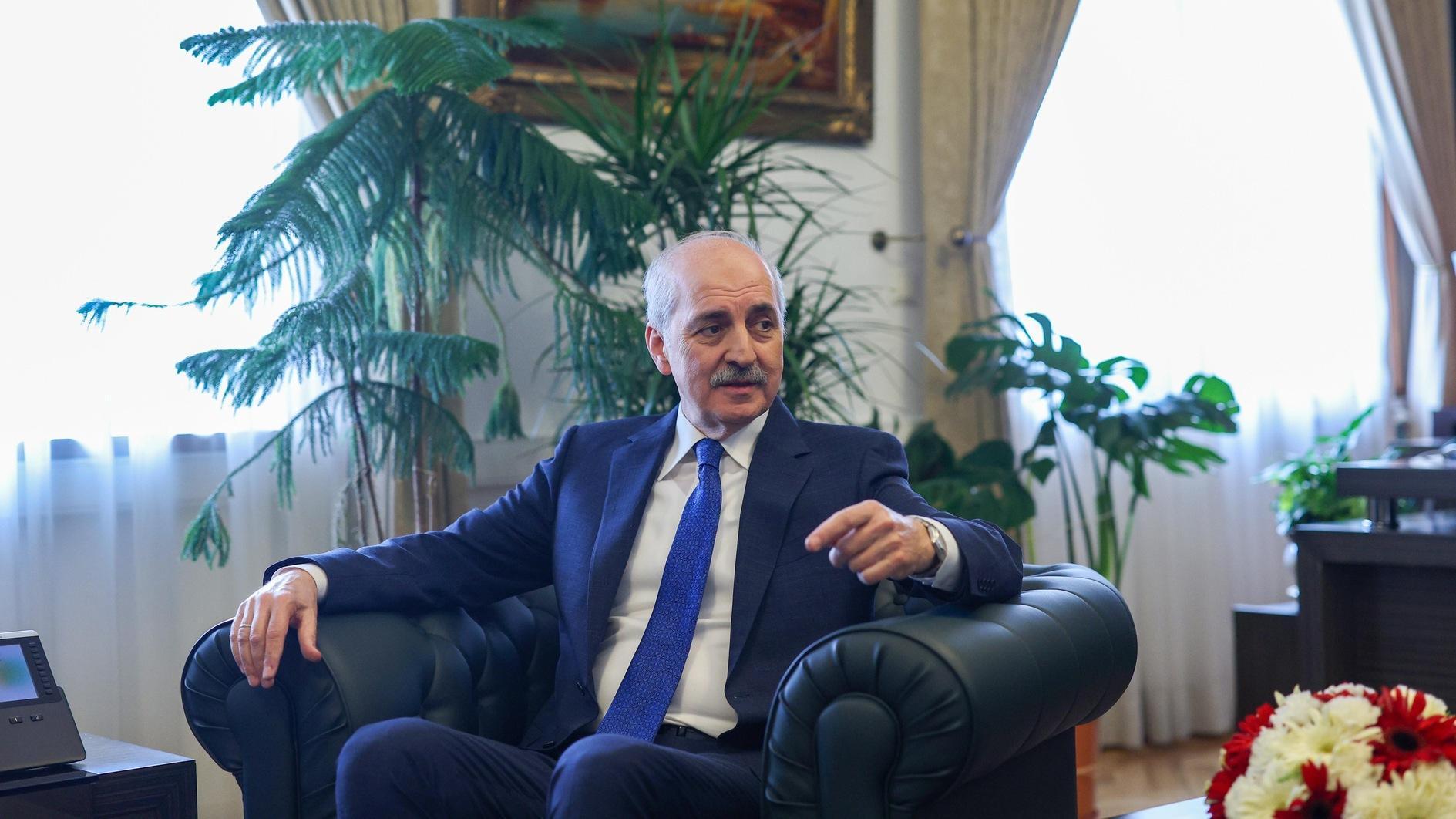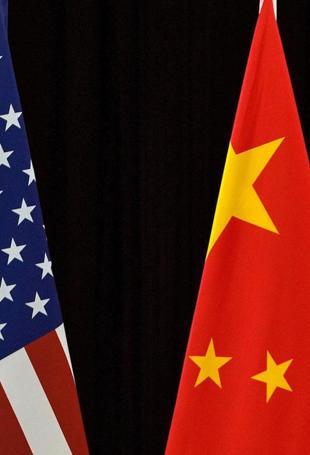Ultra-nationalist 'Russian March' to call on Putin to quit
MOSCOW - Agence France- Presse

EPA Photo
Russian ultra-nationalists whose ranks include fierce Kremlin critics were set to march through central Moscow on Sunday to call forPresident Vladimir Putin's resignationand an end to illegal immigration.The annual Russian March is timed to coincide with the Day of Popular Unity, a national holiday which this year marks the 400th anniversary of the 1612 expulsion of Polish occupiers from the Kremlin.
Members of nationalist movements of all hues will take to the streets as Putin, who returned to the Kremlin for a third term in May, is struggling with the worst political crisis since he came to power 12 years ago.
Alexander Belov, one of the organisers, said the participants -- many of whom have joined a nascent anti-Putin opposition movement that has been organising protests against his rule -- were expected to call on the strongman to resign.
"We want for Russia to have real politics and not fiction," Belov told AFP, accusing Putin of neglecting the rights of the country's Slavic population and turning a blind eye to illegal immigration.
"The best people right now are forced to leave for the West." Nazi insignia and provocations will not be allowed during the march, said Belov.
Rights activists warn that xenophobia is on the rise in the country, and more and more Russians sympathise with the nationalist cause.
Many Muscovites complain of a heavy influx of poorly educated migrants from impoverished ex-Soviet central Asia, saying the capital is now bursting at the seams.
Many observers fear Russia may plunge into chaos if nationalist forces come to power, and some have accused Alexei Navalny -- arguably the most charismatic leader of the anti-Putin protest movement -- of openly flirting with ultra-nationalism.
The authorities have allowed the nationalists to march through the capital despite pleas from the Federation of Migrants of Russia to either cancel or postpone the event.
The federation argued the march could sow discord in the multi-ethnic capital, especially on a day meant to promote popular unity.
It is the first time in several years that the authorities have allowed the march to take place in central Moscow instead of its fringes.
Putin has slammed attempts to inflame nationalist sentiments, evoking the country's multi-ethnic, multi-confessional history.


